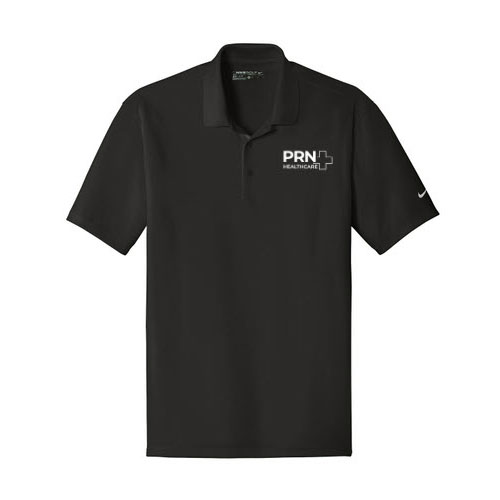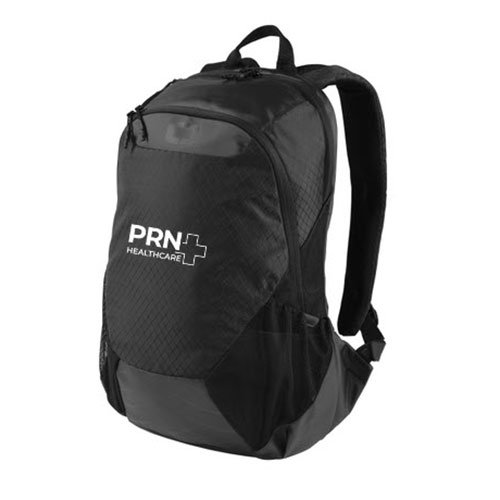Why a good resume is essential when applying for a new CRNA job
A well-crafted and effective resume is important for securing a position as a CRNA. Your resume serves as your first introduction and should be used as a tool to showcase your professional qualifications, skills, and experience. A compelling resume is your initial point of contact with potential employers, and it should be written to make a lasting impression.
Your detailed, yet concisely written resume should highlight your master’s or doctorate degree (MSN, DNP, or DNAP), and any specialized training. It is used to effectively communicate your proficiency in patient care and to differentiate you from a field of competitive candidates.
We will provide a few important tips and an example of a template resume to help improve your resume/CV and secure a job interview.
How long should the CRNA job resume be and what information should be included?
A CRNA’s resume should be comprehensive yet concise. You should provide enough information to showcase your qualifications, skills, and experience. Generally, a resume should be around two to three pages in length, but it’s important to prioritize content over length.
The following information should be included in your resume: contact information, resume summary or objective, education, licensure, clinical experience, skills, research and publications, teaching and academic roles, professional membership, continuing education, and any honors and awards.
Points that need to be included in a CRNA resume
Contact Information: Include your full name, professional title, phone number, email address, and LinkedIn profile (if applicable).
Pro Tip: Your name should be highlighted with the biggest text on the page and listed near the top. Your address should only include city and state. The provided email should be a professional email, but not an employer email. (Never use your current job email for a resume.)
Resume Summary or Objective: Provide a brief, targeted statement summarizing your expertise, career goals, and what you offer as a CRNA.
Education: Include your educational background, including the name of the institution, degree earned, and graduation date. List your education in reverse chronological order with your most recent and highest degrees first. List your graduate degree and training.
Pro Tip: If you are a new graduate, you may want to place the education section above the experience section. As you gain work experience, your education section should be shortened. If you have not graduated, you can add “expected graduation date” to the school.
Certifications and Licenses: Specify your CRNA license and any relevant certifications.
Clinical Experience: Include your work history in reverse chronological order. For each position, include the name of the hospital or clinic, location, and dates of employment. Highlight any specialized procedure or technique you have experience performing.
This is the most important section as a CRNA. Your professional experience should be presented in bullet points and a separate section should be created for each relevant previous job. The headline for each previous job experience section should in bold with the addition of the time you were employed. Beneath the company name, the position should be mentioned, and the bulleted points should list the job responsibilities.
Pro Tip: It is important to mention not only the job responsibilities but also your achieved results at that job.
Research and Publications: List any research projects you’ve been involved in and publications that you have authored or co-authored.
Presentations and Conferences: Include any conferences or seminars where you have presented your work or research findings.
Skills: Outline both your technical and interpersonal skills that are relevant to anesthesiology. Include your proficiencies in relevant technology or subspecialties, such as pediatric anesthesia or obstetric anesthesia.
Professional Memberships: List any CRNA associations you are a part of.
Awards and Honors: Highlight any special recognition or awards you have received for your contributions to the profession.
Professional Development: Showcase ongoing education, training, and workshops that you have attended to stay current in the field.
Note: If applicable, mention any languages that you are proficient in.
A CRNA’s resume should highlight a combination of medical, technical, interpersonal, and leadership skills. Here are some important and relevant skills to include:
- Anesthesia Administration:
- Comprehensive understanding of pharmacology, physiology, and techniques to safely administer anesthesia to all patients.
- Expertise in various regional techniques such as epidurals, spinal anesthesia, and nerve blocks.
- During Surgical Care:
- Skilled in monitoring patients’ vital signs and adjusting anesthesia levels as indicated.
- Proficiency in recognizing and managing anesthesia-related complications and emergencies i.e. malignant hyperthermia, difficult airways, and cardiac events.
- Preoperative and Postoperative Care:
- Capable of conducting preoperative evaluations to assess a patient’s risk.
- Proficiency in managing postoperative pain and complications, ensuring a smooth patient recovery.
- Technical Skills:
- Skill in establishing IV lines, central lines, and arterial lines, as well as monitoring and interpreting vital signs and other physiological parameters.
- Expertise in advanced airway management techniques, including endotracheal intubation, laryngeal mask airway (LMA) insertion, and emergency airway procedures.
- Problem Solving:
- Critical thinking and analytical skills to quickly respond to anesthesia-related emergencies like allergic reactions or cardiovascular complications.
- Advanced understanding of anesthetic agents including interactions with other medications.
- Teamwork and Communication Skills:
- Collaboration with colleagues including nurses and surgeons.
- Work in coordination with the anesthesia team during procedures.
- Leadership:
- Leadership among the team and in the clinic.
- Mentorship and teaching CRNA students.
- Decision-Making:
- Ability to make informed and timely decisions in a life-threatening situation.
- Judgement to choose the most appropriate treatment.
- Research and Academic Skills:
- Experience in conducting and publishing research.
- Involvement in academics including teaching and presenting at conferences.
- Continuous Learning:
- Commitment to professional development and remaining current with advancements in anesthesiology.
- Attendance at relevant conferences and workshops.
- Communication Skills:
- Effective communication with colleagues, patients, and their families.
- Detailed documentation of patient records.
- Time Management:
- Efficient time management during clinic time and procedures.
- Ability to balance multiple responsibilities and prioritize tasks.
- Advocacy/ Quality Improvement:
- Advocating for patients, the profession, and improvements in healthcare policies and practices at the institutional, local, and national levels.
- Leading and participating in quality improvement initiatives aimed at enhancing patient safety, care standards, and operational efficiency within the anesthesia department.
Pro tip: It is common for each job post to received hundreds of applications and a resume checking system is often in place for recruiters to filter through relevant applications. You should customize your resume to each specific CRNA job you are applying for. Be sure to emphasize your relevant skills and experience to demonstrate to the employer you understand the requirements of the job and are the best candidate. You will be more successful if you identify the key phrases in the job description and incorporate them into your resume.
Resume example-template: Here is a template resume for a CRNA courtesy of LiveCareer.com. You can also build, view other similar resumes, and customize your resume on their site.




